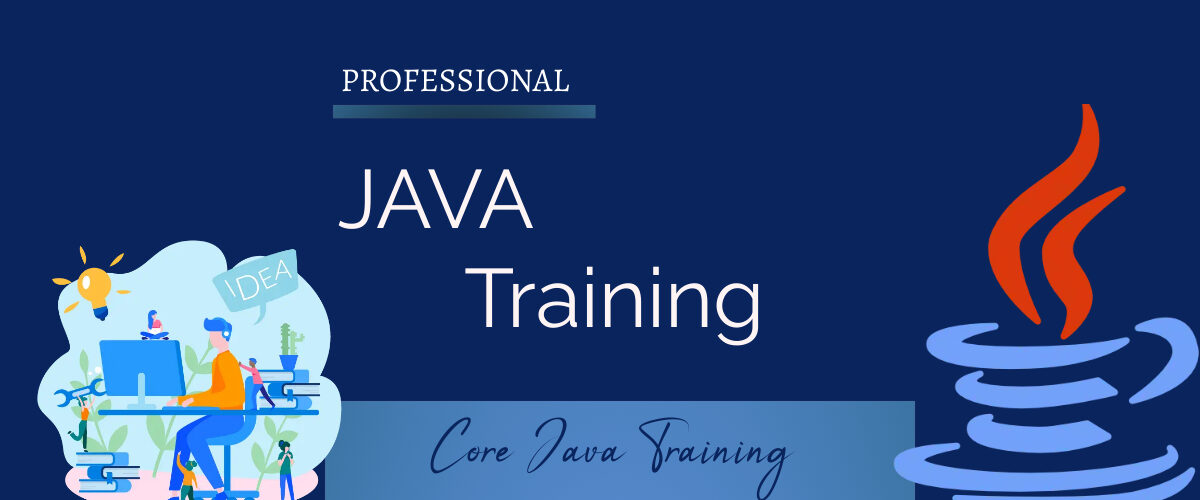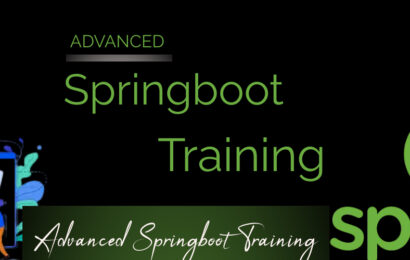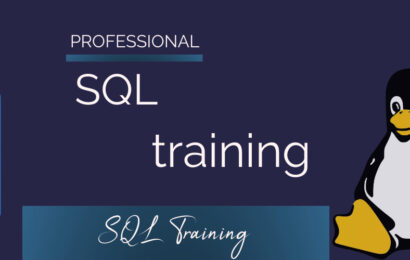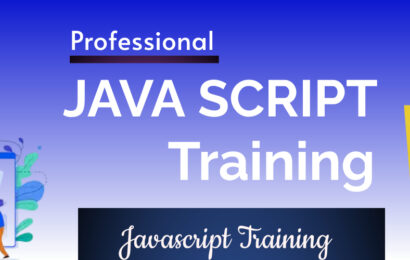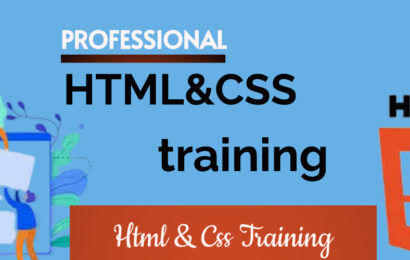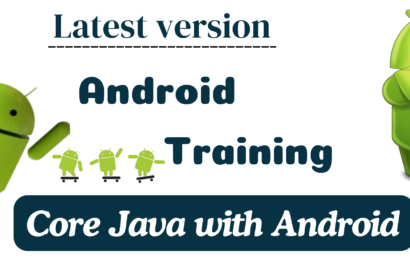Looking for the best java training institute in Chennai to kick start your career as a java developer? Look no further than Java Institute. We provide java certification training for both core java and advanced java courses. Our experienced java trainers will help you learn java course with a strong understanding of java concepts and practical knowledge of building java applications. With the demand for java professionals on the rise, it’s crucial to have a java certified and java se 8 proficient certification to stand out in the job market. Our top java training institute in Chennai with placements offers online training to accommodate your schedule. Whether you’re a budding software developer or looking to enhance your skills in java programming, our java institute is the place to be. From core java programming language to advanced java course and j2ee training, we cover all facets of java programming language. With our java training center in Chennai, you will build a strong foundation in java se and java j2ee training. Our java classes are designed to provide you with everything you need to know about java to excel in your career as a java developer. Join us and start creating innovative applications using java today! Java is an object-oriented programming language and one of the most popular among software training related to java. Upgrade your skills with the best java training in Chennai and stay ahead in the competitive IT industry. Enroll now and boost your java interview chances with our comprehensive java courses. Payilagam in Chennai offers one of the best Java courses in Chennai with placement. If you are looking to enhance your knowledge of Java and know about Java programming, then Payilagam is the right place for you. Java is a programming language that is widely used in the industry, and having a Java certification course can greatly enhance your career prospects. With Java experts at Payilagam, you can be sure of learning the latest Java technologies and frameworks. As a leading training institute in Chennai that provides Java training, Payilagam offers a core Java course as well as an advanced Java course in Chennai. The institute is highly recommended as one of the top 10 Java training institutes in the city, with a focus on Java J2EE training with placement. Whether you are just starting out with Java or are already an experienced Java programmer, there is something for everyone at Payilagam. With Java projects to work on and Java online resources available, you can get hands-on experience with different aspects of Java and J2EE. The role of a Java developer is crucial in the industry, and having the right Java training can help you excel in your career. So, if you are looking for the best Java courses in Chennai, then look no further than Payilagam. Java training in Chennai offers a comprehensive learning experience for individuals looking to enhance their skills in Java as a programming language. The leading Java training institute in Chennai offers courses in both core Java and J2EE, ensuring that students have a strong foundation in this versatile programming language. Whether you are enrolled in an advanced Java course or just starting with basics like core Java, the training in Chennai with placements will make you job-ready in no time. One of the key features of Java training in Chennai is the emphasis on hands-on learning. Students will have the opportunity to work on real-world projects and gain practical experience in using Java algorithms from the basic to the more advanced levels. This not only helps in reinforcing concepts but also provides valuable experience that can be applied in a professional setting. The institute for Java training in Chennai is highly recommended as the best place to learn Java due to its expert faculty and comprehensive course offerings. Whether you are looking for core Java training in Chennai with placements or J2EE training with placement assurance, this training institute in Chennai will help you develop a deep understanding of the core Java concepts and prepare you for a successful career in the field. Payilagam is highly recommended as the best Java training institute in Chennai. Their Java certification training in Chennai will make you job-ready in no time. With a strong focus on hands-on learning and practical applications, their Java training in Chennai helps students grasp the concepts quickly and efficiently. Whether you are a beginner or looking to advance your skills in Java or other programming languages, Payilagam has a course suited for your needs. Java is an object-oriented language that is widely used in the software development industry. Learning Java will open up a wide range of opportunities for you, as it is the foundation for many popular Java frameworks and technologies. Understanding the latest version of Java is crucial for staying competitive in the job market, and Payilagam’s Java training in Chennai will help you do just that. With the industry constantly evolving, it is important to stay ahead of the curve and continuously upgrade your skills. Enrolling in Java certification training in Chennai at Payilagam will not only enhance your employability but also provide you with the necessary tools to succeed in your career. Their comprehensive curriculum and experienced instructors ensure that you receive the best Java training in Chennai possible. Java is one of the most widely used programming languages in the world, with applications in everything from mobile apps to web development. That’s why learning Java is essential for anyone looking to pursue a career in software development. At Payilagam, we are recommended as the best Java training institute in Chennai for a reason. Our experienced instructors offer comprehensive Java training that covers everything from the basics to advanced concepts. Whether you’re new to programming or looking to enhance your skills, our courses are designed to meet the needs of students at all levels. We provide hands-on experience with real-world projects, so you can apply what you learn in a practical setting. When you choose Java training at Payilagam, you can be confident that you’re getting the highest quality education available. Our instructors are industry experts who bring their real-world experience into the classroom, giving you valuable insights into the latest trends and technologies in the field. Plus, our small class sizes ensure personalized attention and support from your instructors. Don’t settle for subpar Java training – choose Payilagam and get the skills you need to succeed in the competitive world of software development. Whether you’re looking to launch a new career or advance in your current position, our Java training programs will give you the knowledge and confidence to achieve your goals. Contact us today to learn more about our Java training offerings in Chennai.
Overview of Java Training Course in Chennai
Features of Java Training in Chennai at Payilagam
Key Features of Java Training in Chennai
Reasons to choose Payilagam for Java training in Chennai
Why Learn Java Training in Chennai at Payilagam?
Java Course Syllabus
Topics Covered
Sub-Topics
Introduction
Introduction to JAVA
Java Installation
Data types, Variables and Operators
Data types, Operators.
Control-flow Statements
and IF else, nested–– if
Conditional Statements
Classes and Objects
Exploring Methods
Polymorphism – Introduction
Encapsulation – Introduction
Encapsulation – Part 2
Inheritance
Polymorphism – Method Overriding
Constructor
Getting inputs at runtime
Arrays
String
Abstraction – Introduction
Inheritance – Interface
Exception Handling
Utility Classes – Introduction
Utility Classes – List Interface
Utility Classes – List Interface – Logical Programs
Utility Classes – Map Interface – Logical Programs
Generics
Packages
Multi Threading
File IO
Java New Features
Trainers Profile
Student’s Success Story


















